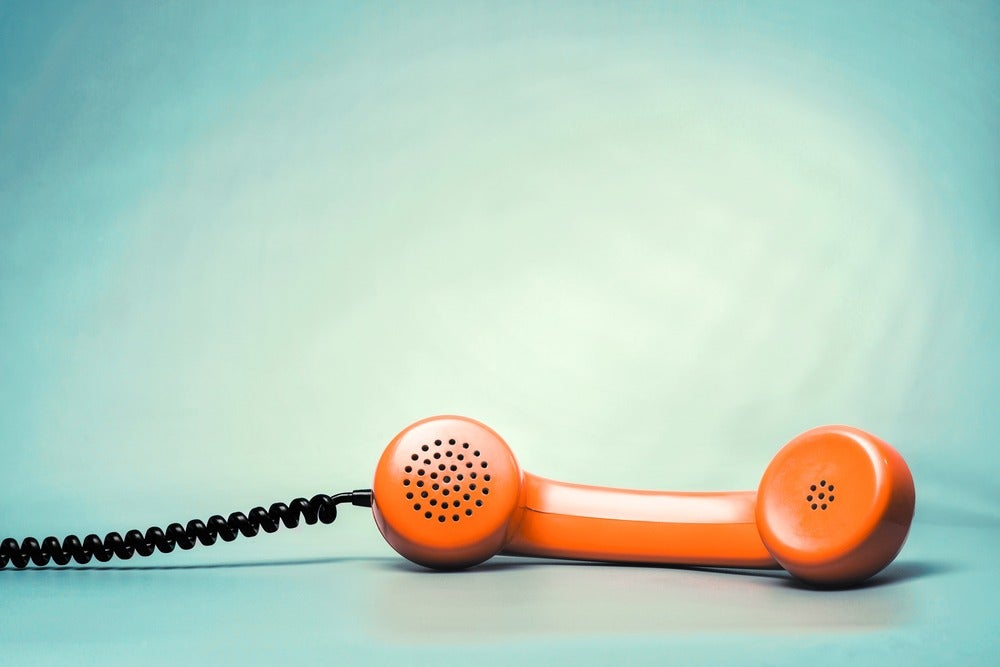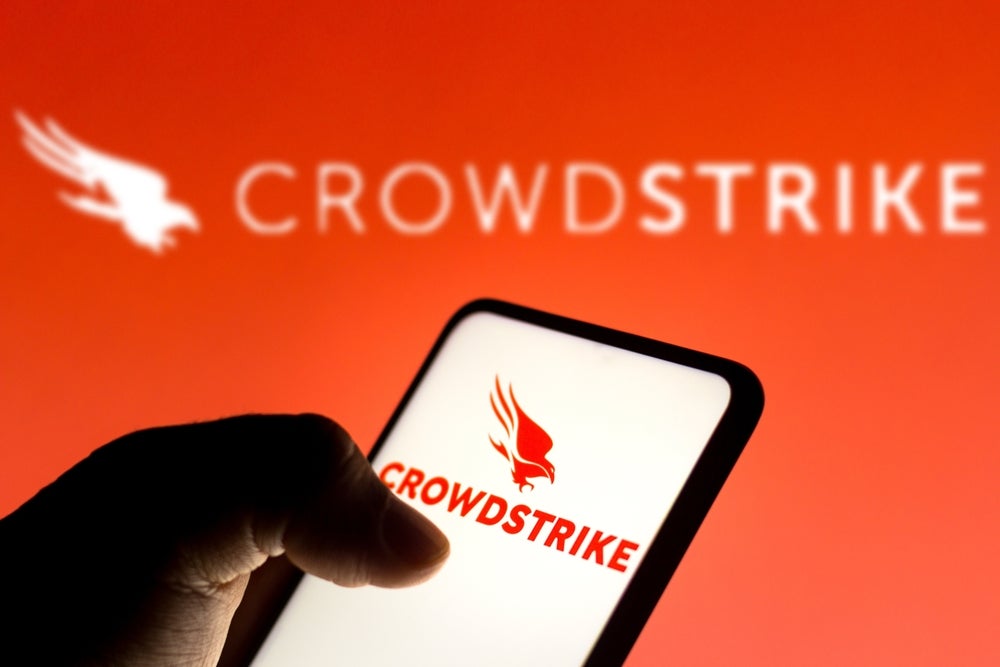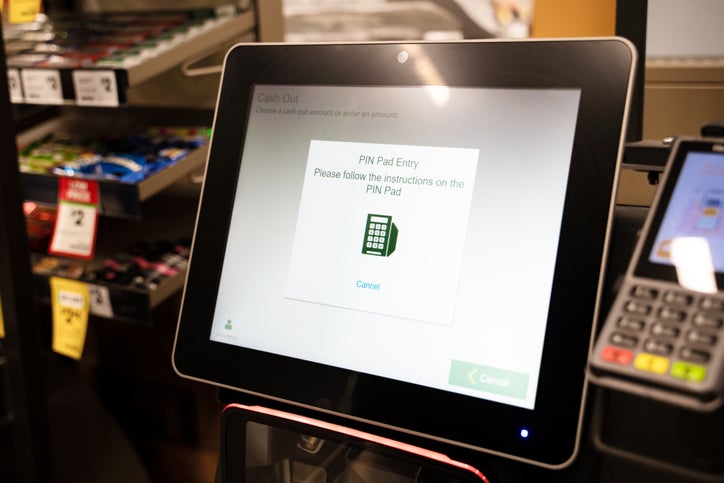Computer generated calls in the US have reached epidemic proportions and are getting worse, but the best way forward, with a properly working national ‘do not call’ registry, is being hampered by Washington’s political stalemate.
A ‘do not call’ registry of numbers, developed in the last millennium, has so far proved to be woefully inadequate in addressing current technologies that make robocalling such an annoying problem.
It is no secret that automated telephone calling is pervasive, especially in the US. A poll from November 2018, by business insights firm Clutch, showed that more than half of the survey respondents reported receiving a robocall at least once a day. Nearly one in five robocall recipients reported having been given private information in response to a robocaller, whose reason for calling ranged from delivering a marketing pitch to credit card data theft.
Fight back
According to a follow-up survey released by Clutch in January 2019:
• 67% of phone users are now unlikely to pick up a phone call from a number they do not recognize
• 60% of respondents block phone numbers to avoid robocalls
• 25% have implemented screening tools to prevent robocalls
43% of phone users have also reported signing up to the National Do Not Call Registry. However, this system appears to be falling woefully short of its goals. Among those who signed up, roughly half say the number of robocalls they receive has remained the same, while nearly one in five said their number of robocalls has increased.
According to Clutch, the registry, originally introduced in 2003, has failed to keep up with changes in telemarketing and technology that allows phone calls to travel over the Internet instead of over traditional circuit-switched networks. In addition, “spoofing” technologies are now regularly used to make robocalls look like they are coming from a local area code.
How well do you really know your competitors?
Access the most comprehensive Company Profiles on the market, powered by GlobalData. Save hours of research. Gain competitive edge.

Thank you!
Your download email will arrive shortly
Not ready to buy yet? Download a free sample
We are confident about the unique quality of our Company Profiles. However, we want you to make the most beneficial decision for your business, so we offer a free sample that you can download by submitting the below form
By GlobalDataScreening
The registry’s failure has encouraged the development of robocall screening services from companies like Youmail and RoboKiller. Mobile operators are also offering screening services.
In the longer term, a properly functioning government-led Do Not Call Registry 2.0 offers the best way to clamp down on the epidemic. However, given the current inability of the US Congress to pass much meaningful legislation, that prospect appears unrealistic.
In short, phone users fed up with robocalls face two options: pay a premium for a screening service, or turn their phone off completely.








